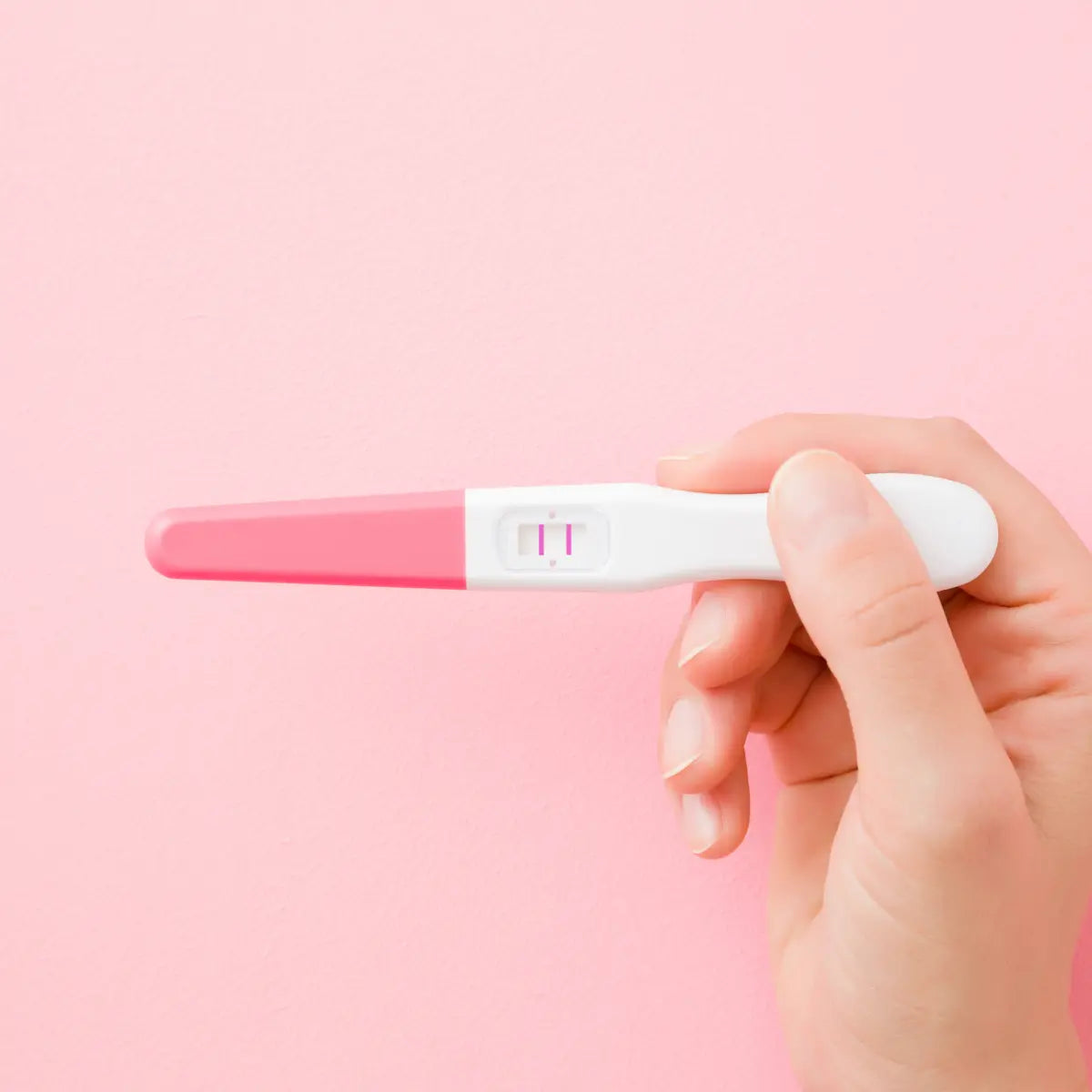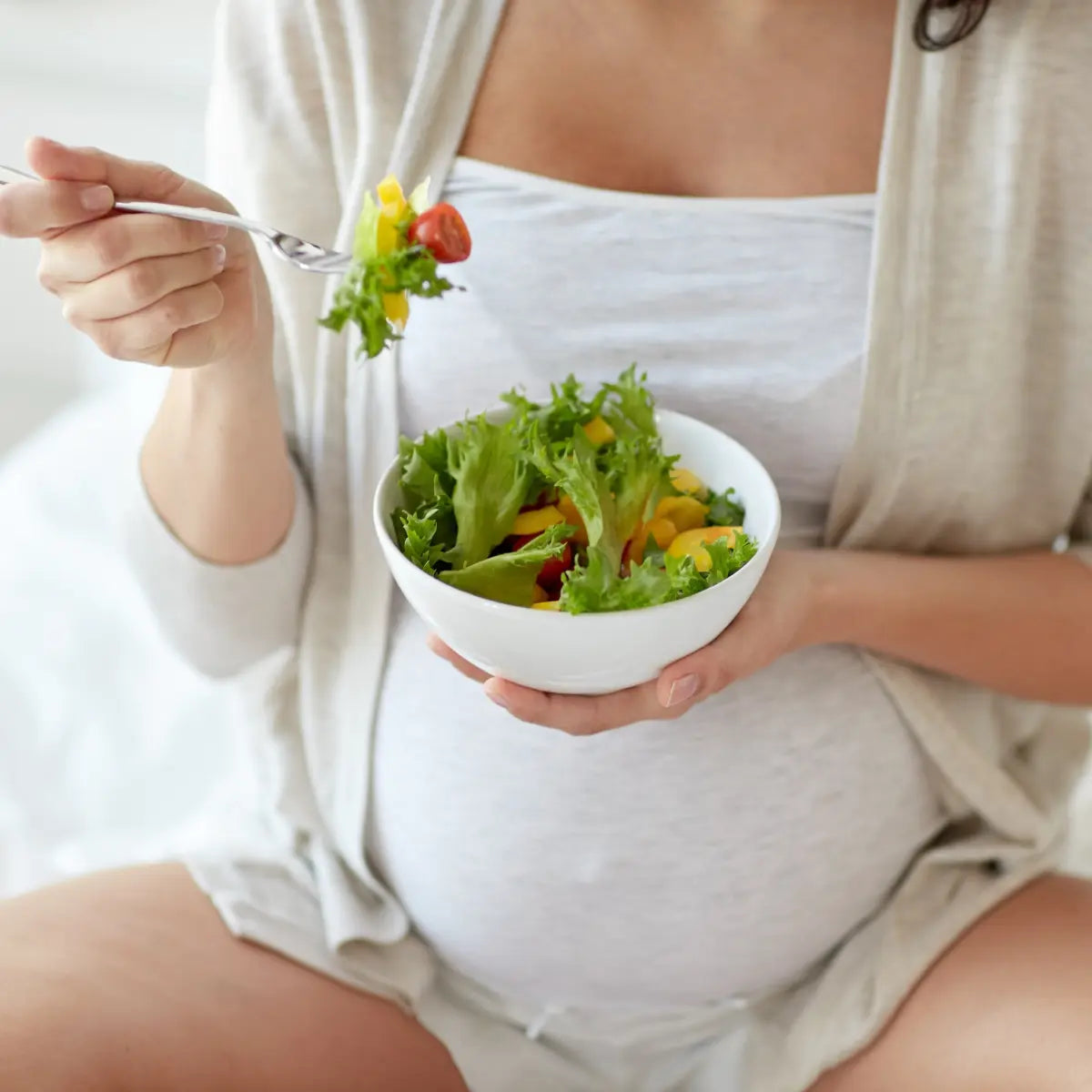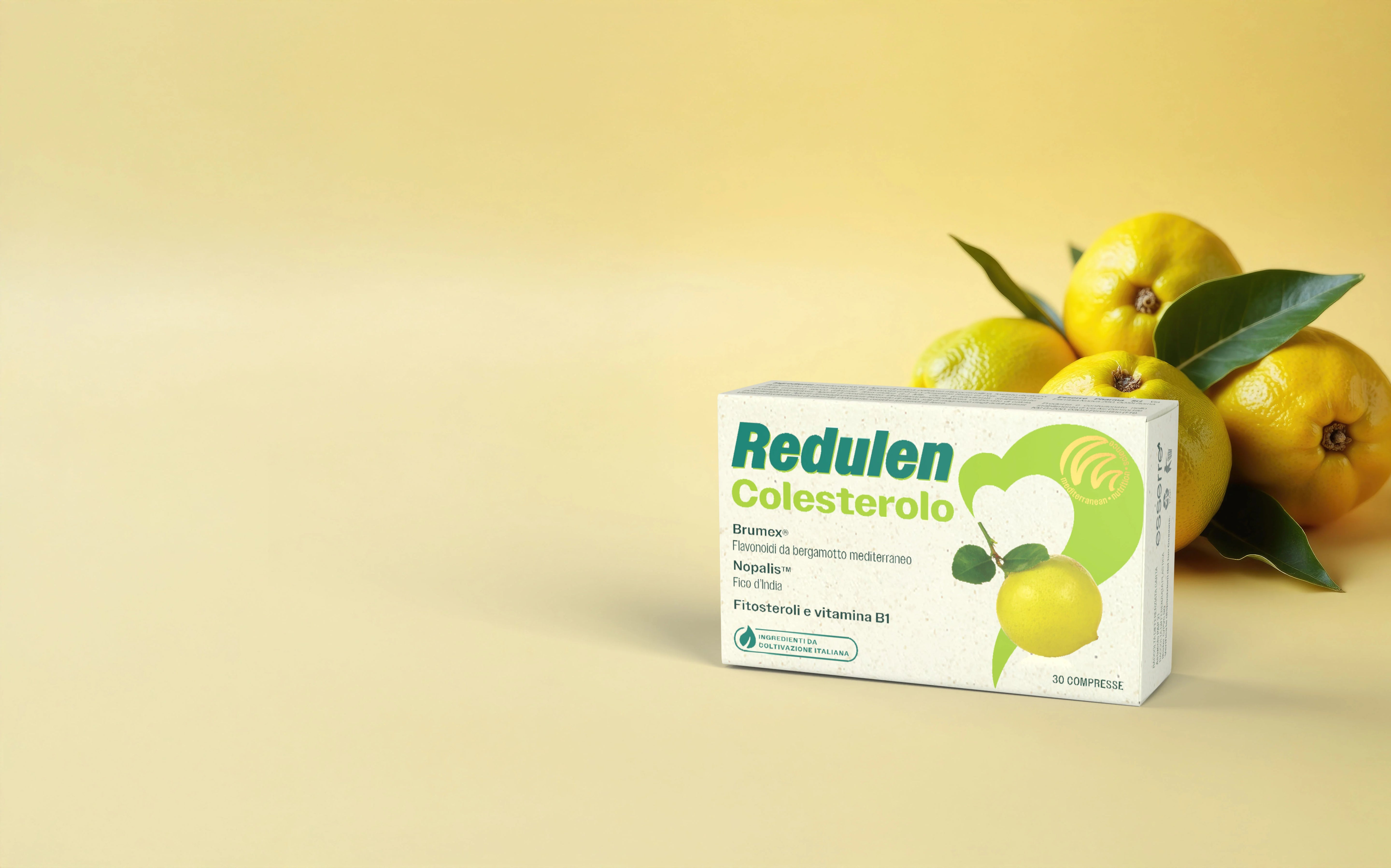
Wellness Guide
Fertility and pregnancy

Fertility: A Delicate But Fundamental Balance
Fertility is the ability to procreate and depends on multiple physical, hormonal and environmental factors. In women it decreases after 35 years due to reduced ovarian reserve, in men the sperm quality gradually worsens with age. A healthy lifestyle is essential to preserve it.
Factors / Motivations
Age
Age
Age is one of the factors that most influences fertility. In women, fertility decreases after the age of 35 due to the reduction of ovarian reserve and the increase in oocytes with chromosomal abnormalities. In men, aging also reduces the quality and quantity of sperm.
Lifestyle
Lifestyle
Smoking, alcohol, drugs and an unbalanced diet can alter hormonal balance and reduce fertility. Obesity and underweight also compromise reproductive health in both men and women.
Medical conditions
Medical conditions
Polycystic ovary syndrome, endometriosis, thyroid or uterine problems, infections or male genital disorders (such as varicocele) are all conditions that can make it difficult to conceive.
Environmental and psychological factors
Environmental and psychological factors
Exposure to toxic substances such as pesticides and heavy metals, as well as chronic stress, can disrupt hormonal balance and reduce the chances of conception.


Redulen® CHOLESTEROL
Targeted support for your cardiovascular well-being.
Redulen® Cholesterol, thanks to its ingredients, contributes to maintaining normal blood cholesterol levels and normal cardiac function, to make you feel better in everyday life. A simple gesture to take care of your well-being with consistency, trust and attention.
Suggestions
Healthy lifestyle
Avoid smoking, alcohol and harmful substances. Regular and moderate physical activity, maintaining a balanced body weight and sleeping well are essential habits to support fertility and promote a healthy pregnancy.
Balanced diet
Eat a varied and nutrient-rich diet: favor lean proteins, fish, legumes, fruits, vegetables and whole grains. Pay attention to the intake of iron, calcium, folate and omega-3 fatty acids. It is also recommended to supplement with folic acid before and during the first trimester of pregnancy.
Cycle monitoring
Knowing your fertile windows and ovulation signs (such as cervical mucus) increases your chances of conceiving and allows for more informed fertility management.
Stress Management
Stress can interfere with ovulation and sperm production. Techniques such as mindfulness, yoga, or psychological support can improve emotional balance and support fertility.
Medical checks and specialist support
It is important to consult a doctor to assess your general health, monitor your fertility, and receive support in case of difficulties. An early diagnosis allows you to undertake the right therapeutic paths.

Tips for improving fertility and a healthy pregnancy
Taking care of your fertility and living your pregnancy to the fullest means adopting a conscious and attentive lifestyle. Nutrition plays a central role: a balanced diet rich in essential nutrients such as folates, iron, omega-3 and fibre can promote conception and support every stage of pregnancy. Movement is also important: practicing physical activity in a regular and gentle way helps maintain physical and mental well-being, improving hormonal balance and cardiovascular health. Don't forget hydration, which becomes even more important during pregnancy, as well as stress management: relaxation techniques, moments of pause and listening to your body can make a big difference. Finally, it is essential to ask for support when needed, relying on professionals and creating a network of trust around you. Every gesture of care is a further step towards a serene and conscious motherhood.

